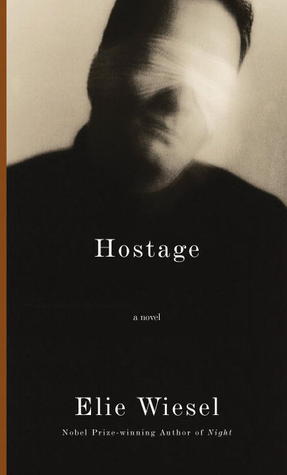What do you think?
Rate this book


224 pages, Hardcover
First published August 10, 2010
I feel close to the Palestinian cause because it pushes rational terrorism across uncharted frontiers. .... The day is not far off when suicide terrorism will be global.There's a lot of material to ponder in this book regarding the exploration of hostage psychology. For survivors of political terror, Wiesel’s message remains emphatic: there is hope and strength in memory–never forget. The book does discuss political chains of violence, however the Palestinian point of view is not treated with much insight or sympathy.